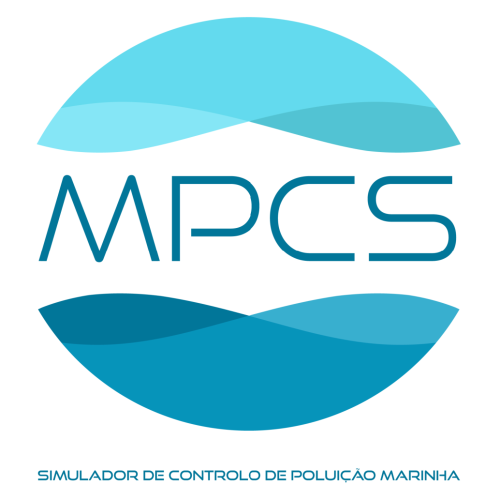
Overview
Status
Start
End
- Type
- Cross-border prevention and preparedness and marine pollution (Track 2)
- EU contribution amount
- EUR 624 707.94 (EU contribution )
- Funding source
- Contact email
Description
The Marine Pollution Control Simulator (MPCS) was designed and developed to enhance collective competence within the field of marine pollution control. The MPCS project aims at developing a cloud-based tool easily reachable through different platforms (mobile, tablet, or laptop), that provides training, response exercises, assessment, and performance evaluation of the marine pollution control at the following levels:
- collective and individual competence,
- regional, national, and supranational levels,
- small and large-scale scenarios.
Observing the state of the art, MPCS is an innovative tool considering the following aspects:
- That, so far, no similar tools in the marine pollution control or related area have been found.
- That MPCS is adjustable to individual or collective training and exercising, allowing the development of collective competence in a virtual environment.
- That other state of the art virtual simulation tools are focused on the development of individual competence only.
- That MPCS will allow for a Response Capacity Assessment of the involved actors facing an incident, based on the potential pollution scenarios.
Supported in mathematical models, Discrete-Events Simulation (DES), and Game-based Learning (GBL), MPCS adopts the game approach as a learning experience to allow the player to understand the subject matter within a real-world context. This approach improves the interface and increases the actor’s involvement. Therefore, MPCS constitutes a better tool for competence acquisitions.
Furthermore, the Massive Multiplayer Gaming (MMG) technique allows the simultaneous involvement of several players located in different places. This makes it possible to assess the performance of the team that face a specific scenario (e.g. an oil spill) without employing physical means, needed on a real environment exercise.
All public deliverables are published on the EU Funding & Tenders Portal.
Partner organisations
- Organisation
- Country
- Portugal
- Role
- Beneficiary
- EU Contribution
- EUR 86 294.00
- Organisation
- Country
- Spain
- Role
- Beneficiary
- EU Contribution
- EUR 112 554.00
- Organisation
- Country
- Portugal
- Role
- Beneficiary
- EU Contribution
- EUR 44 850.00